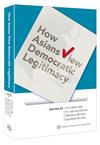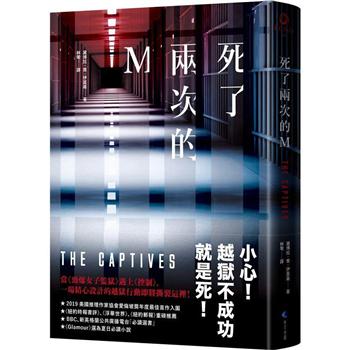| FindBook |
|
有 1 項符合
Kai-Ping Huang的圖書 |
 |
$ 1027 ~ 1300 | How Asians View Democratic Legitimacy
作者:Yun-han Chu(朱雲漢)、Yu-tzung Chang(張佑宗)、Min-hua Huang(黃旻華)、Kai-Ping Huang(黃凱苹)編 出版社:國立臺灣大學出版中心 出版日期:2023-04-10 語言:繁體書  共 8 筆 → 查價格、看圖書介紹 共 8 筆 → 查價格、看圖書介紹
|
|
|
This edited volume is intended to showcase the breadth and depth of the collaborative intellectual enterprise that the Asian Barometer Survey (ABS) network has built up over the past two decades. To commemorate the twentieth anniversary of the ABS, we invited ABS partners to contribute their intellectual findings to this edited volume. Except for the introduction, this volume consists of twenty-seven chapters divided into two sections. The first part of the book contains eleven chapters that are based on previously published studies and are updated based on the latest ABS data. The second part of the book focuses on issues specific to each country or autonomous territory and consists of sixteen chapters. Among the topics discussed are potential threats to third-wave democracies, evolving ideology in one-party states, cases of denied democracy, and peculiar challenges faced by long-term democracies. The contributors are the indispensable partners that have made the ABS possible over the past two decades. In addition to celebrating the long-term collective efforts of those who participated in the ABS project, this edited volume also sets out to address the ongoing debate over the future of democracy in Asia.
亞洲民眾如何看待民主正當性
為紀念亞洲民主動態調查二十周年,本書邀集合作夥伴將研究發現集結成書。本書的第一部分包含十一章,這些章節奠基於先前已發表的研究,並根據最新的調查數據進行更新。本書的第二部分著重於十六個國家或地區的特別議題,討論的主題包括第三波民主化的潛在威脅、一黨專制國家意識形態的演變、民主體制崩潰的案例,以及自由民主國家面臨的特殊挑戰。本書除了分享過去集體努力的學術成就外,也就亞洲民主前景提出看法與建言。
|











